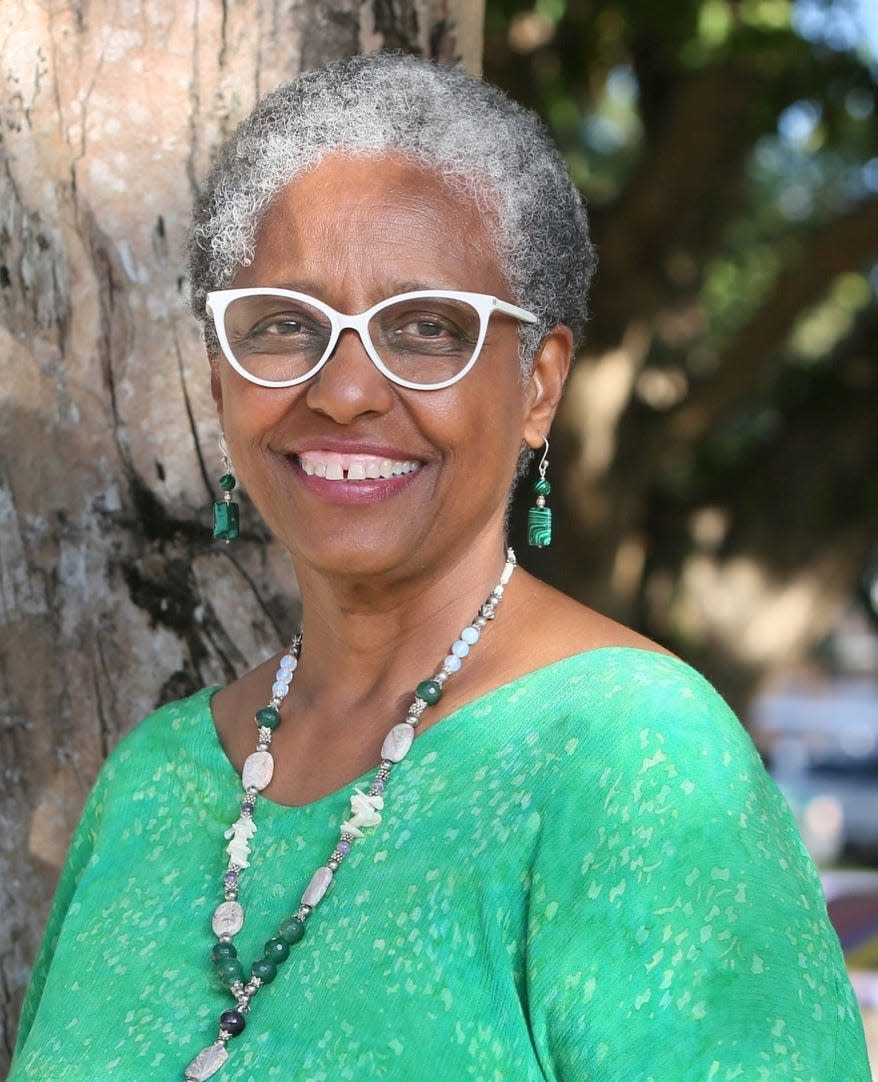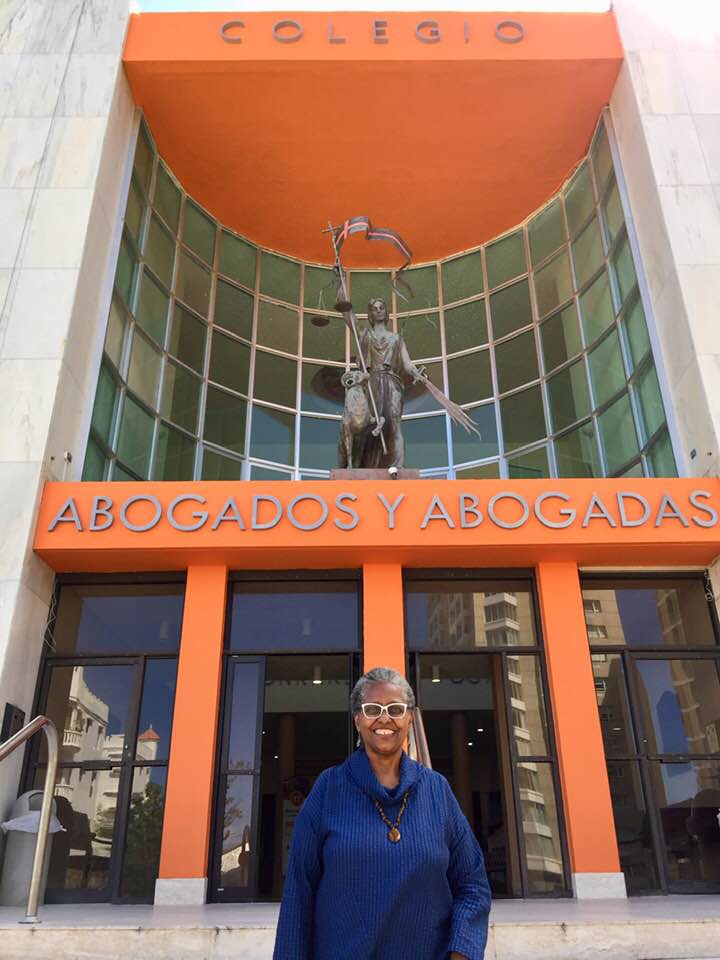Women of the Year: Puerto Rico Sen. Ana Irma Rivera Lassén has a history of being the first

- Oops!Something went wrong.Please try again later.
Sen. Ana Irma Rivera Lassén is one of USA TODAY’s Women of the Year, a recognition of women who have made a significant impact in their communities and across the country. The program launched in 2022 as a continuation of Women of the Century, which commemorated the 100th anniversary of women gaining the right to vote. Meet this year’s honorees at womenoftheyear.usatoday.com.
Sen. Ana Irma Rivera Lassén knows a lot about being the first.
She is the first openly gay member of the Puerto Rico Senate. She was also the first Black and first openly gay president of the Puerto Rico Bar Association. Before that, she co-founded Mujer Intégrate Ahora, or MIA, Puerto Rico's first feminist movement of the so-called "second wave of feminism" in 1972. Two years later co-founded the island's first LGBTQ rights organization, Orgullo Gay, or Gay Pride. She is also an accomplished poet and author, and her works have been published in magazines, anthologies, and local and international newspapers.
Rivera Lassén, the Puerto Rico honoree for USA TODAY's Women of the Year, reflects on the experiences that brought her to where she is now, and the work that still needs to be done so that the people of Puerto Rico, especially women and marginalized communities, can enjoy more access to justice and human rights.
This conversation has been edited for length and clarity.
Who paved the way for you?
What has always been in me, what I remember distinctly, is that I never accepted that women couldn't do things because they were women. Since I was a kid and I was told that a toy, a tricycle, wasn't for girls – I never accepted that. When I was in middle and high school I worked on women's rights. So, when the worldwide feminist movement began, I found people in Puerto Rico that thought the same as me. I read about suffragists in Puerto Rico during the first wave of feminism in Puerto Rico. I learned about Celestina Cordero, who was a Black woman who founded a school for children during a time when slavery still existed. This is what brought me here, and from then on out ... to get involved (in human rights work) when you're 16 ... once you get on the train, you can't get off.
I was also criticized for being a Black woman and a lesbian. I said publicly that I was a lesbian. But this marked me also because once you come out of the closet you don't go back in. I think people live in a world like how spiders live in their habitat. We have multiple identities. It's like building your own house and the issue is to accept that this is your house and live with all your identities. This is what has motivated me from the 1970s until now.

What is your proudest moment? Do you have a lowest?
For me, without a doubt, is to have been a founder of the movement Mujer Intégrate Ahora. These are historic organizations, and that was in 1972. Orgullo Gay (Gay Pride) – that was in 1974. Then we started talking about race at the end of the 1970s and early 1980s. To have been the first woman president of a political party and be openly LGBTQ and the first Black woman. To have been the first Black and first LGBTQ woman to head up the President of the Puerto Rico Bar Association. To have been the first in so many things shows that we have a long way to go, even in 2022.
There are more (low moments) than I can recall. But if I can say something it's that I might have been unjust with people during my career as a lawyer. That is something that always worried me. If I made mistakes in judging people, but above all in my work as an attorney maybe because I made a mistake, did I cause someone pain?
Is there a guiding principle or mantra you tell yourself?
I always ask myself: "Why am I here?" I always tell myself that we have to be conscientious of the present because the present is the future of someone in the past. I tell myself this to reaffirm my gratitude to my ancestors who did everything possible so we could live in this present and to reaffirm myself as a possible ancestor. We construct and reconstruct for the people of the future.
How do you define courage?
Acting according to what we believe is the right thing to do, even if we are afraid to do so. Confronting social conventions, such as the racist, sexist and anti-LGBTQ privileges of our society, those are monumental challenges. It is not only having courage, it is living according to principles knowing that it is not always the most accepted or the easiest, and also knowing that we can be the object of attack.
Who did, or do, you admire?
There are many people, but I like to mention Ana Roqué, Luisa Capetillo and Celestina Cordero who were historical fighters for our rights in Puerto Rico. There are many in the history of my lifetime.
How do you overcome adversity?
Meditating, writing and not letting anger cloud my understanding. Examine what happened and work on the next steps to overcome obstacles.
What advice would you give to a younger version of yourself?
I have three allegories that keep me focused, and they are my advice to myself. One is about the horizon as synonymous with utopia, another is about the intersections of my identities as my home and the other is about living in the present.
2022 Women of the Year: She just wanted to be safe. Her femicide started a movement in Puerto Rico.
Women of the Century: Politician Tulsi Gabbard, ‘West Side Story’ star Rita Moreno among influential women from U.S. territories
This article originally appeared on USA TODAY: Puerto Rico feminist movement founder named Women of the Year honoree

